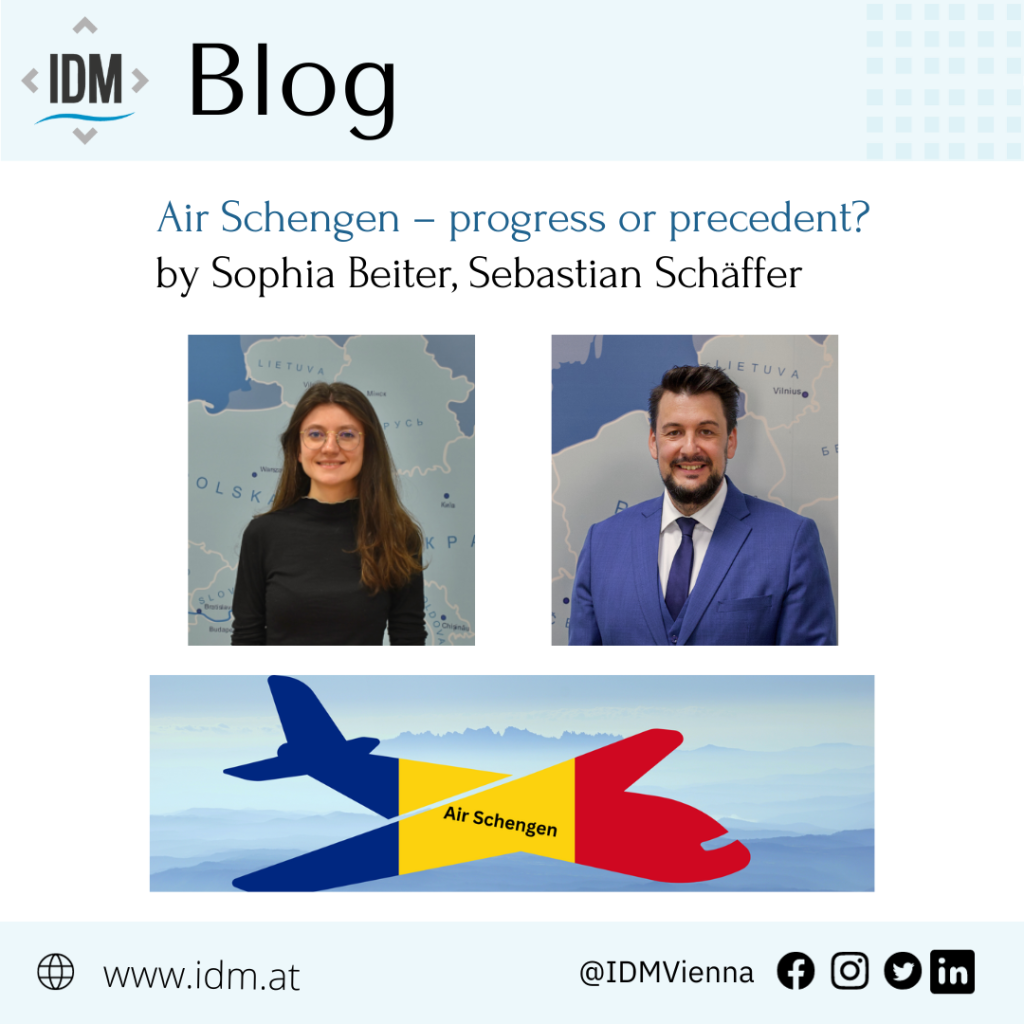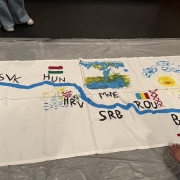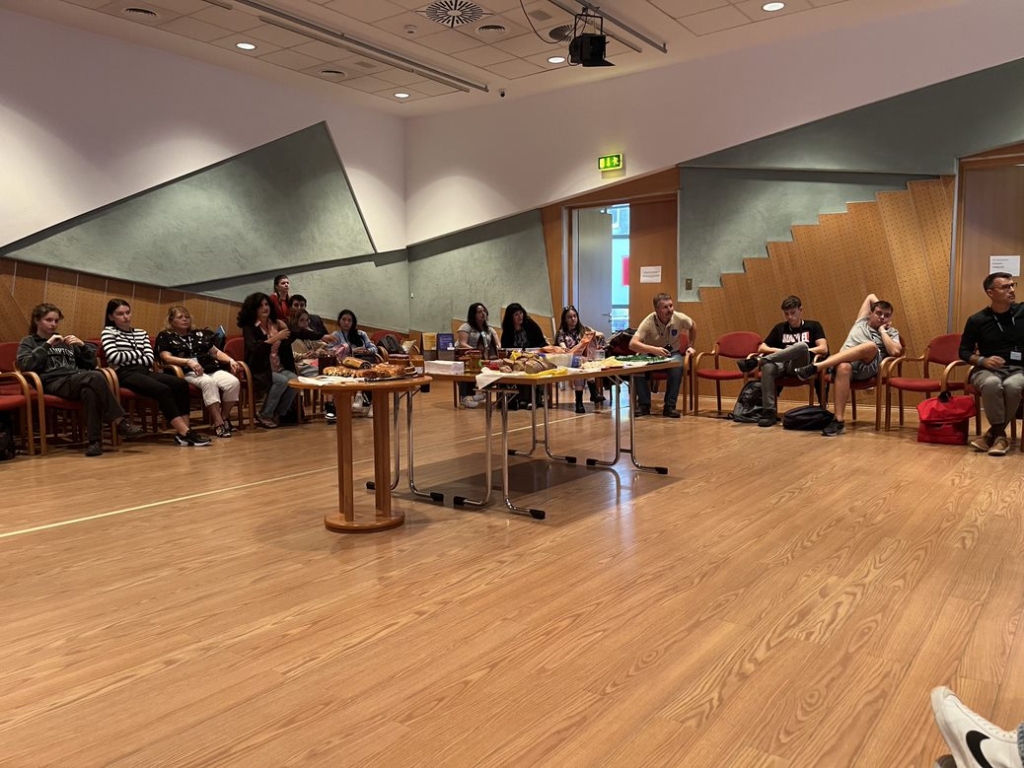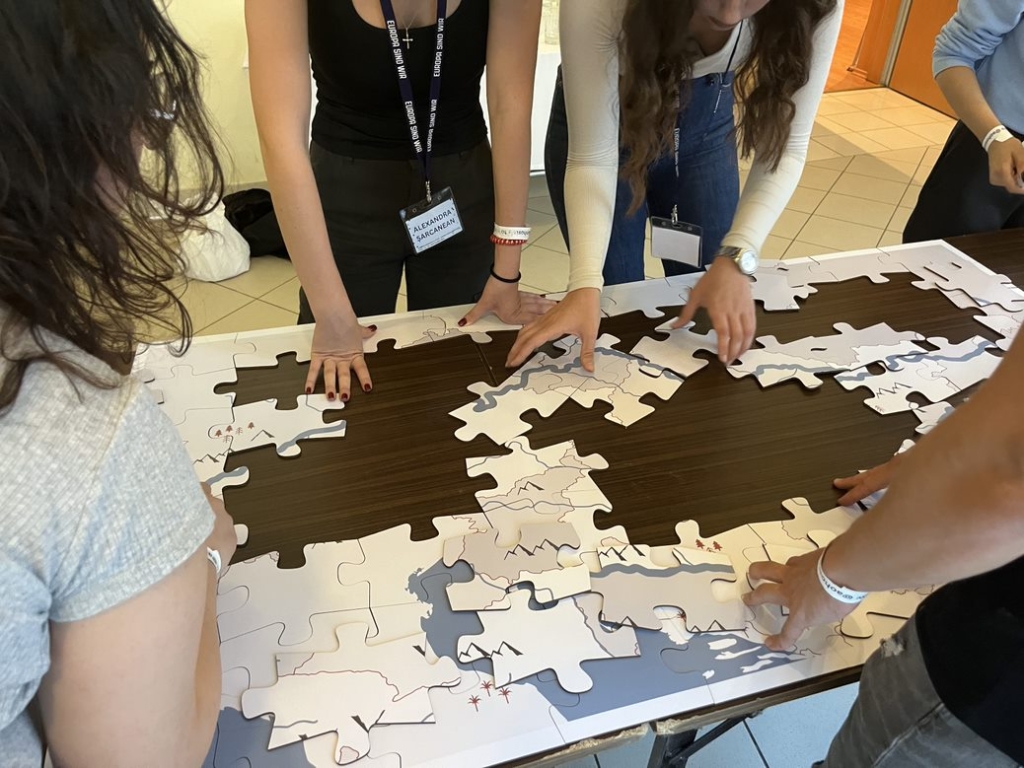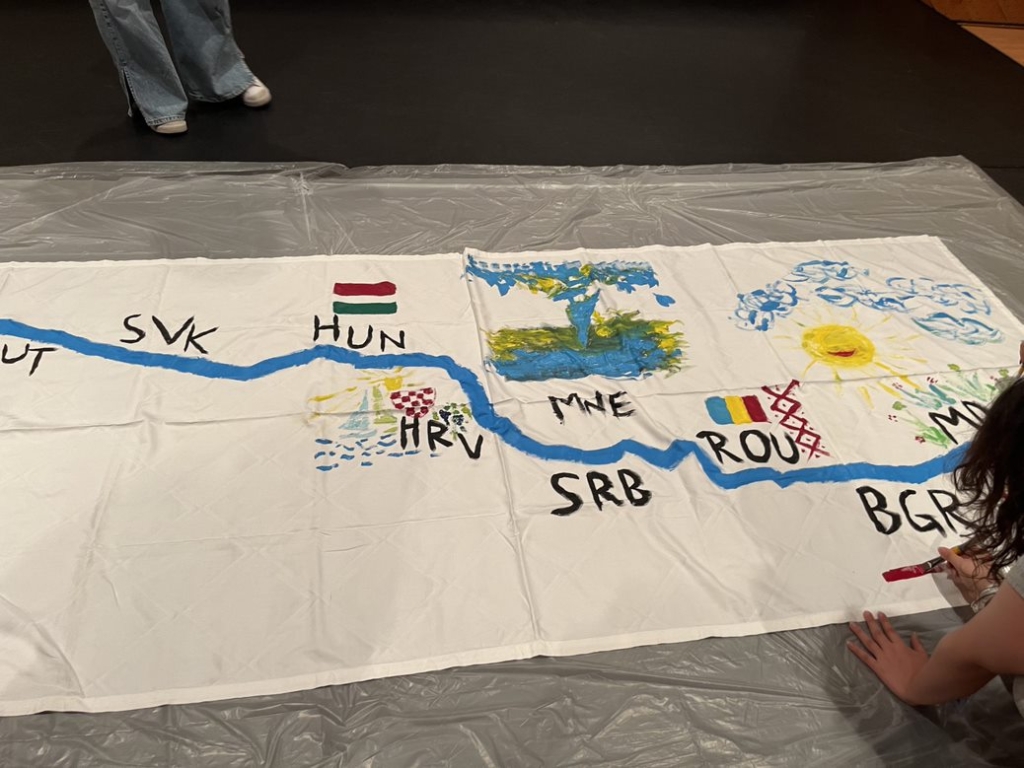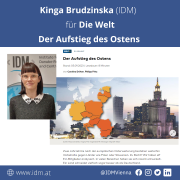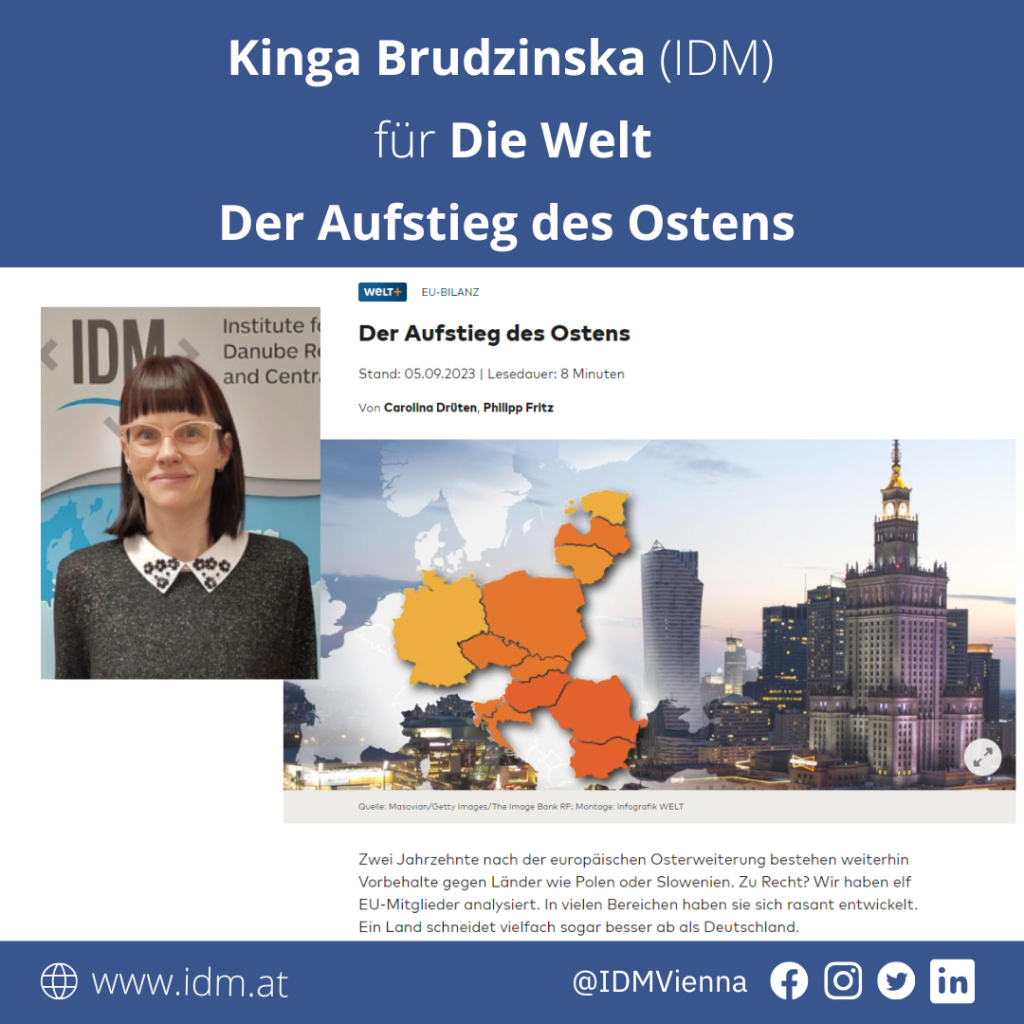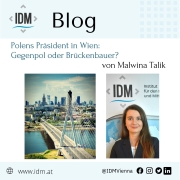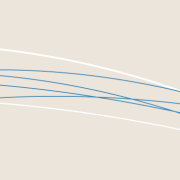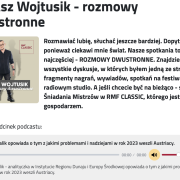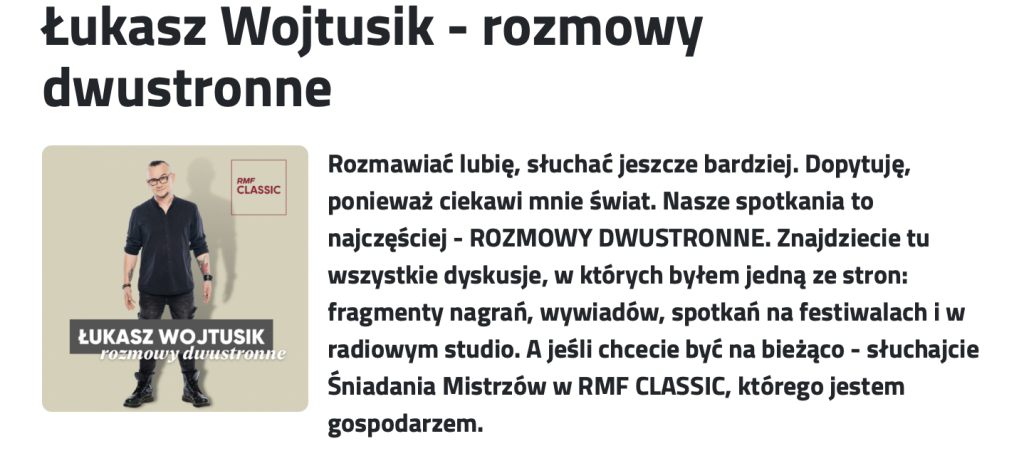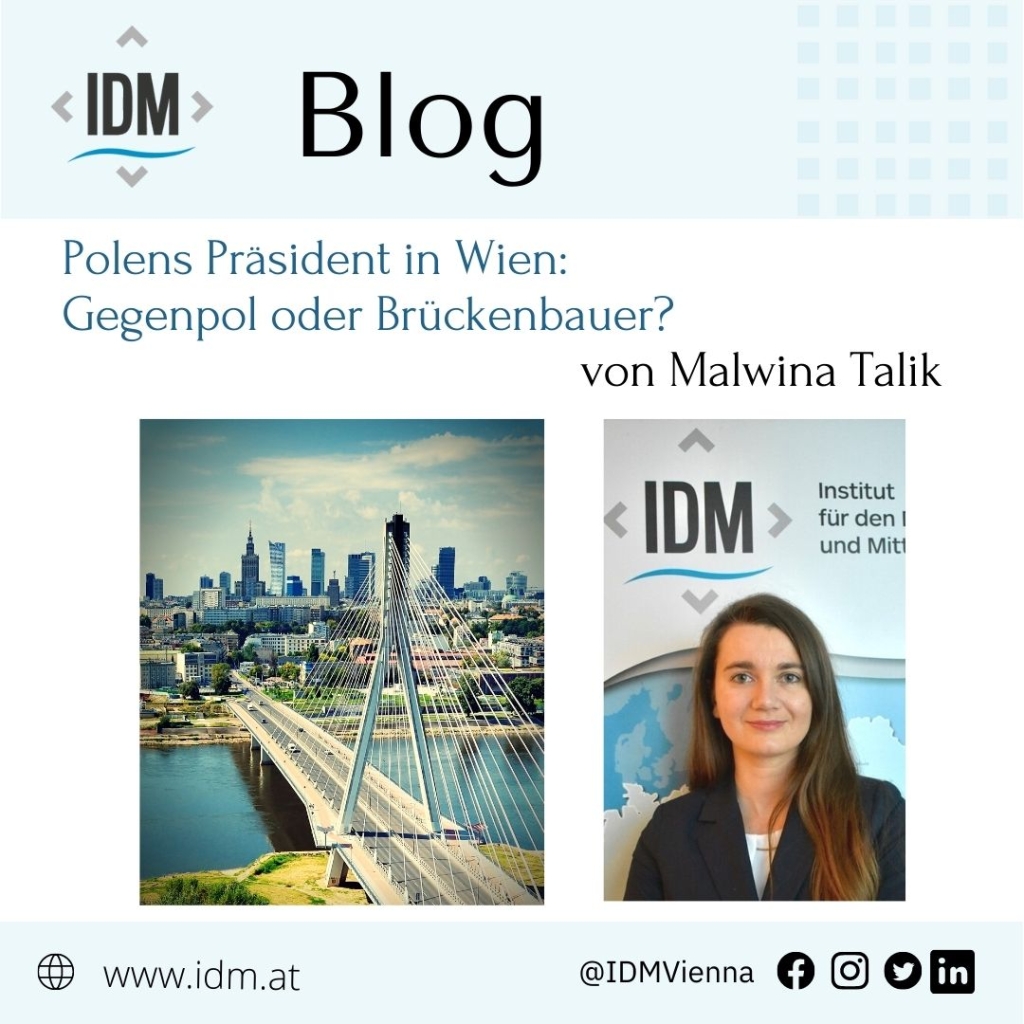
Anlässlich des heutigen Staatsbesuches des polnischen Präsidenten Andrzej Duda in Wien betrachtet unsere Kollegin Malwina Talik die politischen Gemeinsamkeiten und Unterschiede der beiden Länder.
Auf der Landkarte sind Polen und Österreich nicht weit voneinander entfernt, außenpolitisch allerdings schon: Polen ist ein aktives NATO-Mitglied, das auf die enge Zusammenarbeit mit den USA setzt, Österreich hingegen ein militärisch neutrales Land; Polen führte seit Jahren eine (über)vorsichtige Politik gegenüber Russland, Österreich pflegte bis Februar 2022 eher freundschaftliche Beziehungen. Der heutige Staatsbesuch des polnischen Präsidenten Andrzej Duda in Wien bietet also genügend Anlass, sich die politischen Gemeinsamkeiten und Unterschiede der beiden Länder genauer anzusehen. Der polnische Präsident wird sich mit seinem Amtskollegen, dem österreichischen Bundespräsidenten Alexander Van der Bellen, und mit Bundeskanzler Karl Nehammer treffen. Dabei sollen vor allem die europäische Politik in Bezug auf den russischen Invasionskrieg in der Ukraine, bilaterale Beziehungen sowie Erinnerungspolitik um das KZ Mauthausen-Gusen und die Schlacht am Kahlenberg besprochen werden.
Wer ist der polnische Präsident?
Wenn es um das Vertrauen der polnischen Bevölkerung in ihre Politiker*innen geht, ist Andrzej Duda laut Umfragen auf Platz zwei – vor ihm der liberale Bürgermeister Warschaus Rafal Trzaskowski. Duda war bis zu seiner überraschenden Wahl zum Präsidenten 2015 Mitglied der konservativen Partei Recht und Gerechtigkeit (PiS). Sein Sieg gegen den amtierenden liberal-konservativen Präsidenten Bronislaw Komorowski war das erste Signal, dass die Präferenzen der Wähler*innen nach rechts rutschen. Auf den Erfolg des ausgebildeten Juristen folgte der nächste für PiS: Im selben Jahr kam die Partei unter der Parole „Guter Wandel“ an die Macht. Im Laufe seiner zwei Amtszeiten pflegte Duda gute Beziehungen zum US-Präsidenten Donald Trump. Insgesamt dreimal besuchte er ihn im Weißen Haus, einmal empfing er ihn in Polen. Aus Angst vor Russland und um die militärische Sicherheit durch die Präsenz der US-Armee in Polen zu verbessern, schlug er sogar vor, eine US-Militärbasis namens “Fort Trump” im Land zu gründen – dieses Vorhaben wurde schlussendlich aber nicht verwirklicht.
Die alte Angst vor Russland
Während für Österreich der unprovozierte Angriff Russlands auf die Ukraine ein Schock war, stellte er für Polen eine nachvollziehbare Erfüllung der schlimmsten Albträume dar. Die Russland-Politik beider Länder bildet zwei Gegenpole, was insbesondere nach dem Georgienkrieg 2008 spürbar wurde. „Es ist uns bewusst, dass heute Georgien, morgen die Ukraine, übermorgen die baltischen Staaten und später vielleicht mein Land, Polen, an der Reihe sind“, rief 2008 der mittlerweile verstorbene polnische Präsident Lech Kaczyński bei einer Kundgebung in der Hauptstadt Georgiens, nachdem russische Truppen das Land angriffen. Diese Worte spiegelten pointiert die Wahrnehmung der polnischen politischen Elite über den Kreml wider. Polen protestierte heftig gegen den Bau von Nord-Stream II, nach der Annexion der Krim durch Russland und dem Ausbruch des Konflikts in der Ostukraine 2014 reduzierte esschrittweise seine Energieabhängigkeit von Russland. Während 2014 noch 95% des Öls aus Russland importiert wurde, waren es am Vorabend des Krieges nur mehr 62%. Infolgedessen sind die Energiepreise nach der Invasion zwar auch in Polen gestiegen, aber nicht so stark wie in Österreich.
Enger Verbündete der Ukraine
Polen gilt als starker Befürworter der Ukraine in der EU, erst letzte Woche hat Andrzej Duda den ukrainischen Präsidenten Wolodymyr Selenskyj in Warschau empfangen. Als Nachbarland der Ukraine hat Polen den Krieg ante portas – vor der eigenen Haustür – und beherbergt die größte Anzahl an Geflüchteten. Da zu den Nachbarländern auch Lukaschenkas Belarus und die russische Exklave Kaliningrad zählen, spielt die eigene Sicherheit eine größere Rolle als je. Das Gefühl, dass die Ukraine „für uns kämpft“ ist sehr präsent. Das ist einer der Gründe, warum Polen, auf eigene Aufrüstung setzt und für weitere militärische Hilfe für die Ukraine plädiert. Neutralität hin oder her, Polen hofft auf Engagement seitens Österreichs: „Wir sind uns bewusst, dass Österreich ein neutrales Land ist, aber es kann politische und humanitäre Unterstützung leisten“ steht es in der Pressemitteilung der Präsidentschaftskanzlei.
Was Polen und Österreich weiters unterscheidet ist ihre Position zu der Anwesenheit der von der sanktionierten russischen Spitzpolitiker*innen an internationalen Treffen und Konferenzen. Polen verweigerte Russlands Außenminister Sergei Lawrow eine Einreise zum OSZE-Außenminister-Treffen in Lodz. Diese Entscheidung kritisierte der österreichische Außenminister Alexander Schallenberg. Dies lies Andrzej Duda nicht ohne Kommentar: „Es tut mir leid, solche Stimmen zu hören. Wenn wir berücksichtigen, dass dies von einem europäischen Politiker eines Landes gesagt wird, das der Europäischen Union angehört, zerbricht für mich zweifellos die europäische Einheit.“ Die russische Delegation, in der auch sanktionierte Diplomat*innen waren, konnte im Februar 2023 nach Österreich einreisen – trotz internationaler Kritik. Diese Meinungsunterschiede sind zweifellos ein weiterer Grund, warum sich Polen für einen hochrangigen Besuch in Wien entschied.
Brückenbauer?
In Polen ist das Image von Österreich als Brückenbauer kaum bekannt. Das Land versucht aber eine ähnliche Rolle einzunehmen, z.B. mit von polnischen Regierungen initiierten Formaten wie der Östlichen Partnerschaft oder der Three Seas Initiative (3SI), die vorwiegend ehemalige kommunistische Länder miteinbezieht. Interessanterweise ist Österreich das einzige „westliche“ Land in der 3SI.
Beim Thema Migration vertreten beide Länder hingegen wieder ähnliche Meinungen: Während Polen illegale Pushbacks ausübt und Zäune und Mauern an der Grenze zu Belarus baut, setzt Österreich auf immer strengere Abschiebungspolitik. “Illegale” Migration wurde auch als ein Grund zitiert, um Rumänien und Bulgarien den Schengenbeitritt zu verweigern, weil laut Österreich die beiden Länder unzureichend ihre Grenzen schützten.
Trotz Unterschieden gibt es also auch viele Gemeinsamkeiten in der Politik beider Länder. Die Frage besteht, ob diese als positive Entwicklungen betrachtet werden sollten. Die jüngsten Reden des österreichischen Bundeskanzlers zeigen, dass die konservativen Parteien in den Regierungen Polens und Österreichs sich in vielen Bereichen annähern statt sich wie Gegenpole abzustoßen.









